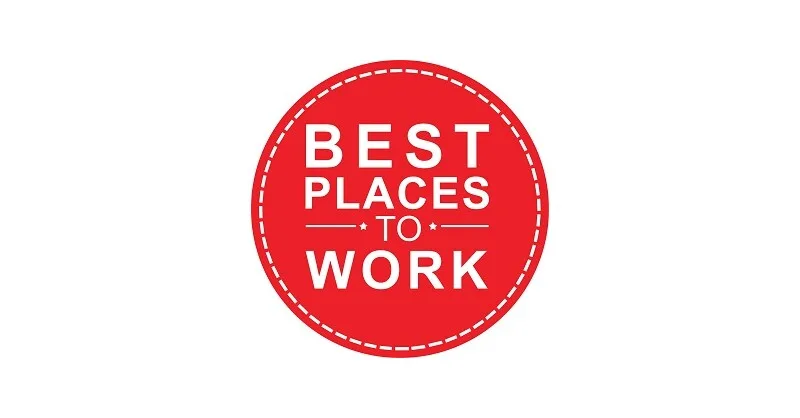- Home
- Advertising and Marketing
- The Truth Behind “Best Place to Work” Awards: Are They Truly Meaningful?

The Truth Behind “Best Place to Work” Awards: Are They Truly Meaningful?
In today’s corporate world, the title of “Best Place to Work” has become a common badge of honor for organizations. However, not everything that glitters is gold. While these accolades can signal a healthy workplace, they sometimes serve as little more than marketing tools, masking deeper issues within a company’s culture and management practices.
A Dubious Badge of Honor
Companies often flaunt the “Best Place to Work” tag in recruitment campaigns, social media posts, and press releases. However, the harsh reality is that some of these organizations, despite the award, may fall short when it comes to actual employee satisfaction. High turnover rates, lack of transparency, poor leadership, and toxic workplace environments often contradict the glossy image such awards project.
The Problem with Validation Criteria
The issue lies in how these awards are granted. Many organizations partner with third-party certifiers to apply for these titles. While some assessments include employee surveys and cultural evaluations, the criteria are often subjective or incomplete. In some cases, these certifications can even be bought outright, making them a questionable measure of workplace quality.
What Truly Defines a Great Workplace?
A genuine “Best Place to Work” doesn’t need a label; it earns its reputation through:
Strong Leadership: Transparent, empathetic leaders who prioritize employee well-being.
Inclusive Culture: A workplace where diversity, equity, and inclusion aren’t just buzzwords but practiced values.
Career Growth Opportunities: Clear pathways for professional development.
Work-Life Balance: Respect for employees’ time and boundaries.
Employee Feedback: Regularly seeking and acting upon honest feedback to improve the work environment.
Awards Should Be Earned, Not Claimed
For such awards to hold value, there must be stringent criteria and independent validation processes. A focus on anonymous employee feedback, long-term metrics like retention rates, and external audits could ensure the credibility of these titles. Without such checks, these awards risk becoming meaningless.
Conclusion
While a “Best Place to Work” label can be appealing, it’s crucial for employees and job seekers to look beyond the title. Real workplace quality is reflected in the daily experiences of employees—not a plaque on the wall. Until stricter standards are applied to these awards, they should be taken with a grain of salt.
Organizations that are genuinely great to work for don’t need an award to prove it. Their people, culture, and results speak for themselves.